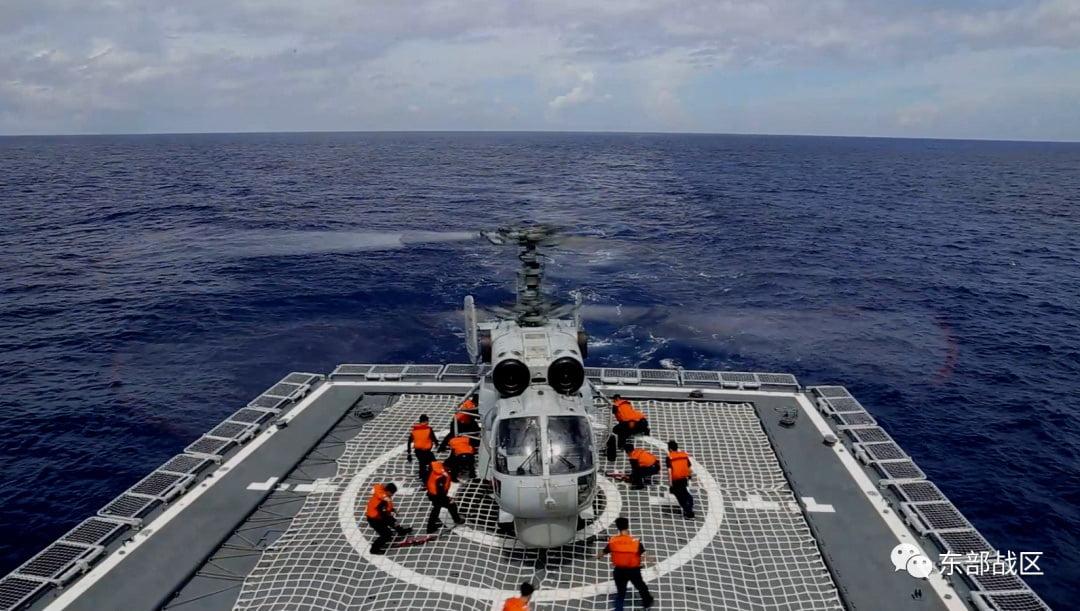Beijing had planned a military exercise around Taiwan ahead of U.S. House Speaker Nancy Pelosi’s August visit to the island, using it as part of its long-term strategy to intimidate the Taiwanese people into surrendering, the House Canada-China Committee heard in testimonies.
Antoine Bondaz, director of the Taiwan program at the Foundation for Strategic Research, told parliamentarians that the Chinese regime had anticipated that Pelosi would visit Taiwan in August, despite making various threats against her not to do so in advance, including shooting down her plane. The House speaker’s visit was used as an excuse to launch the military exercise to train Chinese troops for potentially changing the status quo in the Taiwan Strait, which Bondaz said was “the most concerning part.”





